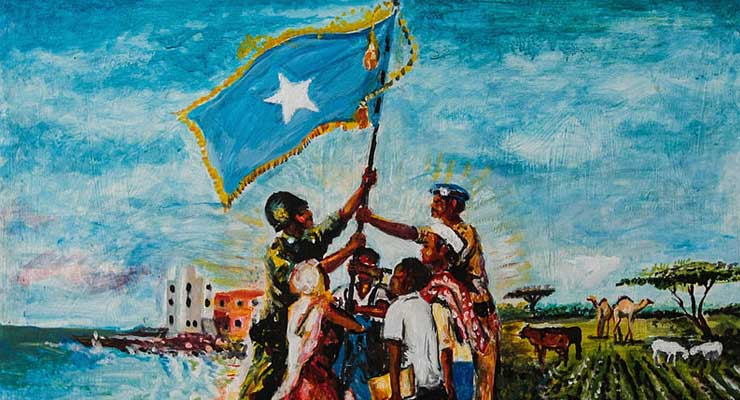
The century-old American research group and think tank known as the Brookings Institution held a fascinating discussion on the state of politics in Somalia and a review of challenges ahead. Distinguished speakers took on the complex role of America in the conflict and Somali relations with neighboring states. The discussion was moderated by Brookings Senior Fellow Michael O’Hanlon who was joined by Ambassador Stephen Schwartz, senior fellow in the Center for 21st Century Security and Intelligence in the Brookings Foreign Policy program Dr. Vanda Felbab-Brown, and David M. Rubenstein Fellow at the Global Economy and Development and Africa Growth Initiative Dr. Landry Signé.
From the event invite’s description:
Despite important progress through years of international counterterrorism, counterinsurgency, and state-building assistance, peace and sustainable stabilization remain elusive in Somalia. Al-Shabab remains entrenched throughout vast parts of Somalia and regularly conducts deadly terrorist attacks even in Mogadishu. Capacities of Somali national security remain weak, and while the Trump administration has significantly augmented U.S. anti-Shabab air strikes in Somalia that approach has limits. Meanwhile, Somali political processes and public institutions remain corrupt and in the pockets of powerful clans. These pernicious governance processes give continual lease on life to al-Shabab and other destabilizing armed actors. Improving governance and state-building—and subjecting Somalia’s governments and powerbrokers to accountability—are fundamental for conflict reduction and eventual stabilization.
On April 6, the Africa Security Initiative in the Foreign Policy program at Brookings hosted a discussion on Somalia. Ambassador Stephen Schwartz discussed the internal and external challenges to restoration. Dr. Felbab-Brown and Dr. Signé joined with their comments on security, governance, and economic challenges in Somalia.
The video is about 90 minutes. Take a look:
Leave a Reply